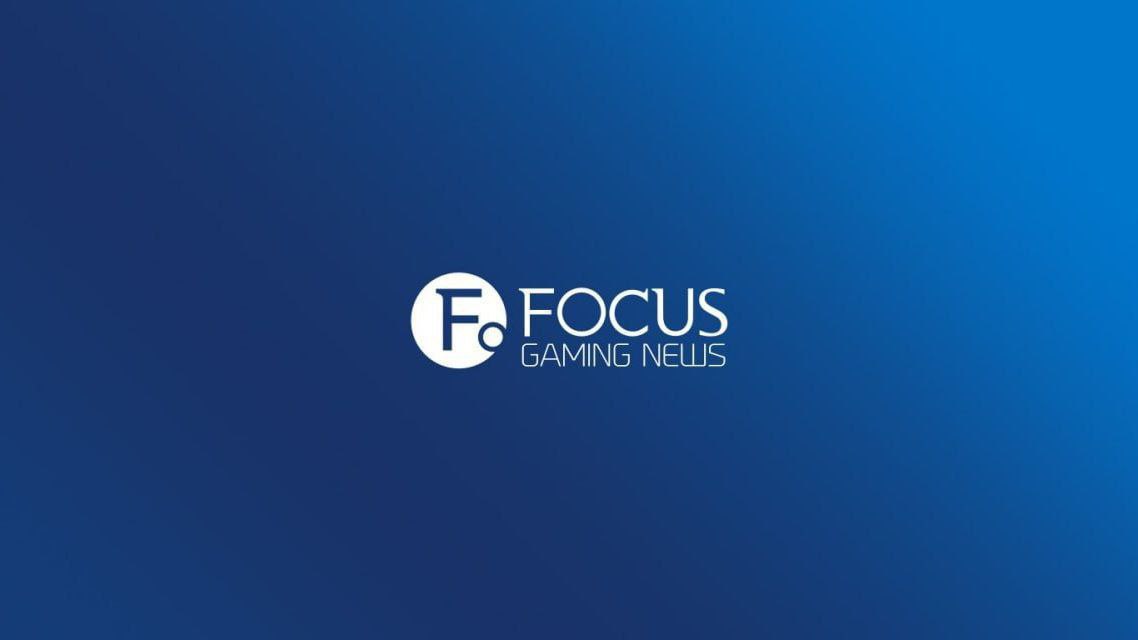The iGaming Market Size Could Reach $153.21 Billion by 2029

According to research by Focus Gaming News and Research and Markets, the online gambling market, which reached $93.26 billion in 2024, is projected to grow at an annual rate of 10.44%, potentially reaching $153.21 billion by 2029. This forecast is based on several key trends that will shape the industry’s future.
Impact of Mobile Technology
One of the main drivers of market growth is the increasing popularity of mobile devices. Nearly 85% of players prefer using smartphones for gambling, prompting operators and developers to focus on mobile versions of games. This trend is encouraging the creation of casinos and gaming platforms that are optimized for mobile devices, ensuring convenience and accessibility to play anytime.
Personalization Through Artificial Intelligence
Another important trend is the use of Artificial Intelligence (AI) for personalizing the gaming experience. AI allows operators to analyze user behavior, offer personalized bonuses, and improve customer service. For instance, AI powers chatbots that respond to player queries 24/7, significantly enhancing the customer experience.
AI-driven innovations also include the use of machine learning for recommending games based on player preferences and behaviors. Companies like Pragmatic Play and iGATE are actively integrating AI to create unique offerings that match players’ interests.
Gamification and Loyalty Programs
Gamification and loyalty programs are key factors in the success of iGaming. Developers are creating game mechanics that make the process more engaging and immersive. Features such as achievements, levels, missions, and bonuses help players feel part of the game and motivate them to return repeatedly. These approaches are crucial for player retention amid growing competition.
Role of Online Slots and New Game Mechanics
Online slots continue to be the main source of revenue for the industry, accounting for 70-80% of total income. However, modern games featuring bonus mechanics like “Hold and Win” and “Crash” mechanics are gaining popularity. These new game formats offer more engagement and interactivity, making them more attractive and dynamic.
Moreover, many companies, such as 1spin4win and Booming Games, are actively developing new mechanics and features to make games more exciting. For example, the “Crash” mechanic offers fast and intense gaming sessions where players can win big in a short amount of time.
Trends in Regulation and Compliance
With the tightening of regulations in various countries, there is an increasing need to adhere to new legislative requirements. Countries like the UK, Spain, and Italy are implementing strict rules regarding advertising, responsible gambling, and player protection. Compliance with these regulations is becoming a crucial factor for success in the market.
An example is TaDa Gaming, which adapts its games for different markets by adhering to local regulations and ensuring a high level of localization and translation quality.
Challenges and Industry Issues
Despite the rapid growth, the iGaming market faces several challenges. One of them is the rising cost of acquiring users (CPA) due to restrictions on traffic sources like PPC advertising. In response, operators are forced to find new ways to attract players, improve user experience, and invest in marketing and innovation.
Additionally, with increasing competition in the market, user retention becomes a significant challenge, requiring the adoption of new technologies, improved UX, and higher game quality.
Future Outlook
In the coming years, companies will continue to adjust their strategies based on emerging trends in technology and player preferences. Mobile platforms, AI, and innovative game mechanics will remain at the forefront.
The gaming industry will focus on creating deeper and more personalized gaming experiences to keep players engaged for longer periods. It will also be important to continue adhering to regulatory standards to ensure fairness and safety in the gaming environment.
Given these factors, the iGaming market will continue to grow, with an increasing number of players and intensifying competition among operators. This will create new opportunities but also present significant challenges for the industry.
